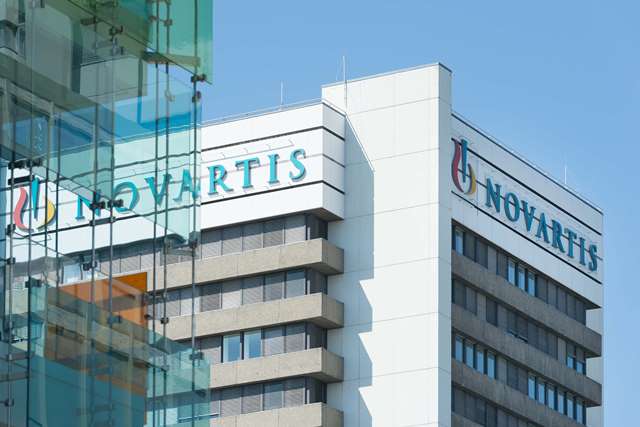Novartis’ ofatumumab (OMB157) has achieved the primary endpoints in two phase III trials of relapsing multiple sclerosis (MS).

Image: Novartis’ RMS drug ofatumumab has achieved primary endpoints in phase III trials. Photo: courtesy of Novartis AG.
Subscribe to our email newsletter
The data from ASCLEPIOS I and II studies has demonstrated that ofatumumab was superior to Aubagio (teriflunomide) in patients with relapsing forms of MS (RMS).
Both trials are twin, identical design, flexible duration (up to 30 months), double-blind, randomised and multi-centre phase III studies designed to assess the safety and efficacy of ofatumumab 20mg monthly subcutaneous injections against Aubagio 14mg oral tablets taken once daily in adults with RMS.
The ofatumumab has demonstrated a significant and clinically meaningful reduction in multiple confirmed relapses, assessed as the annualised relapse rate (ARR).
The company recruited 1,882 patients with MS aged between 18 and 55 years in the ASCLEPIOS I and II studies. Both trials have been carried out in more than 350 sites in 37 countries.
According to the company, additional secondary endpoints included confirmed disability improvement at six months, serum levels of neurofilament light chain (NfL), and rate of brain volume loss.
Ofatumumab is a fully human anti-CD20 monoclonal antibody (mAb) self-administered by a once-monthly subcutaneous injection, which is in development for MS. It is said to work by binding to the CD20 molecule on the B-cell surface and inducing potent B-cell lysis and depletion.
Novartis global drug development head and chief medical officer John Tsai said: “Ofatumumab showed high efficacy and a favorable safety profile in people with RMS, offering a potential first B-cell therapy that can be self-administered in the home.
“This is a big step forward in our relentless efforts to advance and reimagine treatment in the MS journey of each patient.”
In June this year, Novartis announced that its Cosentyx (secukinumab) has achieved its primary and key secondary endpoint in the Maximise study of psoriatic arthritis (PsA).
Cosentyx is claimed to be the first and only fully-human biologic, which directly restricts interleukin-17A (IL-17A), a cornerstone cytokine engaged in the inflammation and development of PsA, psoriasis (PsO), and ankylosing spondylitis (AS).
 Advertise With UsAdvertise on our extensive network of industry websites and newsletters.
Advertise With UsAdvertise on our extensive network of industry websites and newsletters.
 Get the PBR newsletterSign up to our free email to get all the latest PBR
news.
Get the PBR newsletterSign up to our free email to get all the latest PBR
news.

